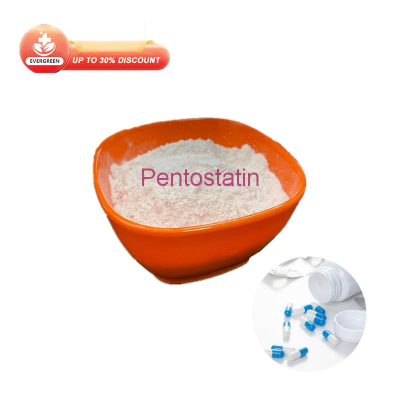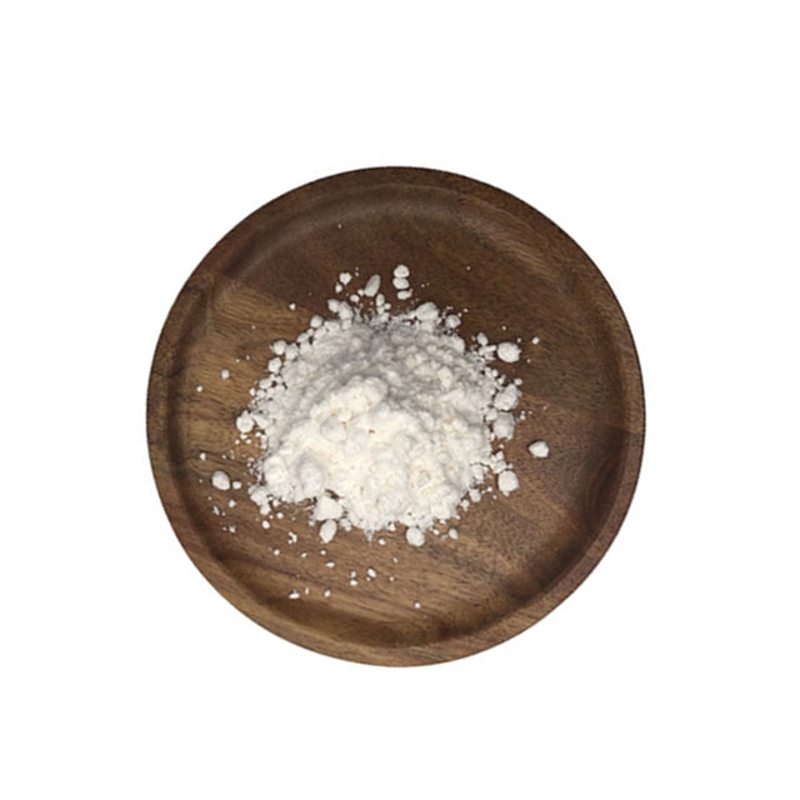Immunotherapy re-introduced metastatic renal cell carcinoma, with an efficiency of 23%!
-
Last Update: 2020-07-17
-
Source: Internet
-
Author: User
Search more information of high quality chemicals, good prices and reliable suppliers, visit
www.echemi.com
In the past five years, several immune checkpoint inhibitors (ICI) have been approved for the treatment of metastatic renal cell carcinoma (mRCC), including navulizumab alone or in combination with epilimumab, pabolizumab + acitinib, avelumab + acitinib.the effective rate of these therapies was 40% - 60%.nevertheless, the majority of patients receiving ICI will eventually progress.in view of the efficacy of immunotherapy in melanoma and non-small cell lung cancer (NSCLC), clinicians may be trying to reintroduce MRCC immunotherapy.recently, a study to explore the efficacy of re introduction of immunotherapy was published in the Journal of JAMA oncology.in view of the efficacy of immunotherapy reintroduction in melanoma and NSCLC, a multicenter cohort study was conducted to evaluate the efficacy and safety of ici-2 in front-line patients receiving ICI (ici-1).it is assumed that the response rate of ici-2 will be lower than that of ici-1, and the toxicity will also increase.This multicenter, retrospective cohort study included MRCC patients who received at least two-line ICI from nine centers in the United States between 2012 and 2019.maintenance therapy with navulizumab is not considered as an independent ICI treatment.main results a total of 69 patients were included in the study, with a median age of 61 years. Most of the patients (87%) had clear cell carcinoma. The median follow-up time was 3.2 years. 39% of patients received ICI monotherapy, 42% of patients received ICI combined with targeted therapy. The most commonly used treatment of ici-2 was ICI monotherapy (38%) and double immunotherapy (32%).The overall remission rate (ORR) of ici-1 was 37% (25 cases), 43% (29 cases) and 21% (14 cases) achieved disease stability (SD) and disease progression (PD), respectively. The orr of ici-2 was 23% (15 cases), 41% (26 cases) and 36% (23 cases) of patients achieved SD and PD respectively The median to progression time was longer (P = 0.045). Among the 15 patients who responded to ici-2, 47% (7) received ICI monotherapy, 33% (5) received ICI + ICI, 20% (3) received ICI + TT, 47% (7) responded to ici-1, 27% (4) and 20% (3) achieved SD and PD, and 40% stopped ici-1 treatment due to toxic reactions.the stratified factors of ici-2 response included the response to ici-1 and the reasons for withdrawal of ici-1.compared with SD and PD patients, the orr of ici-2 re introduction in patients with ici-1 response was higher (29%), while the orr of patients receiving ICI monotherapy, dual drug ICI, or ICI + TT were 30%, 25% and 23%, respectively.it is worth noting that among the 7 evaluable patients, 6 patients received PD-1 + CTLA-4 after treatment with ici-1, and 1 patient achieved partial remission with orr of 17% (see figure below).safety: 49 patients (71%) with ici-1 and 31 patients (45%) with ici-2 had any level of immune therapy-related adverse events (iraes).18 patients (26%) and 11 patients (16%) had grade 3 or above Irae (see table below).no treatment-related death occurred. The risk of Irae in patients with ici-1 treatment (41%) was higher than that in patients without ici-1 (20%).discussion and conclusion more and more researchers begin to pay attention to the reintroduction of immunotherapy in patients with advanced solid tumors who have stopped treatment with ICI.studies have shown that the orr of navulizumab and pabolizumab in the treatment of refractory patients with ipimab is 20% - 30%.keynote-010 study showed that in 14 NSCLC patients who had completed 2-year treatment with pabolizumab, the orr of reintroduction of pabolizumab was 43%.this study is the largest scale study on the re introduction of MRCC immunotherapy so far, and has confirmed the safety and effectiveness of re introduction of immunotherapy. The study suggests that different ICI treatments may overcome acquired drug resistance of immunotherapy, and the change of treatment plan may change the tumor microenvironment and make patients sensitive to subsequent immunotherapy.prospective studies are still needed to further confirm the efficacy of immunotherapy with mRCC.references Ravi P, Mantia C, Su C, et al. Evaluation of the safety and efficiency of immunity recall in patients with renal cell carcinoma [published online ahead of print, 2020 May 29]. JAMA Oncol. 2020; e202169 doi:10.1001/jamaoncol.2020.2169
This article is an English version of an article which is originally in the Chinese language on echemi.com and is provided for information purposes only.
This website makes no representation or warranty of any kind, either expressed or implied, as to the accuracy, completeness ownership or reliability of
the article or any translations thereof. If you have any concerns or complaints relating to the article, please send an email, providing a detailed
description of the concern or complaint, to
service@echemi.com. A staff member will contact you within 5 working days. Once verified, infringing content
will be removed immediately.







